As my hidden blade retracts and I hear a final gasp of air escape my unfortunate target’s lungs, I spot two more guards sitting by a bag of spices. Before the first body has hit the floor, I throw a knife at the sack, spilling its contents into the air, choking the guards, and masking my approach. I dispatch them quickly, silencing their coughs. Finally, I dash up a nearby ladder to throw the final sentry to his death as he peeks into the haze to figure out what all the commotion is about. Assassin’s Creed Mirage shines in these moments, but the fabric that weaves between them feels coarse.
A narrative lost in the sand
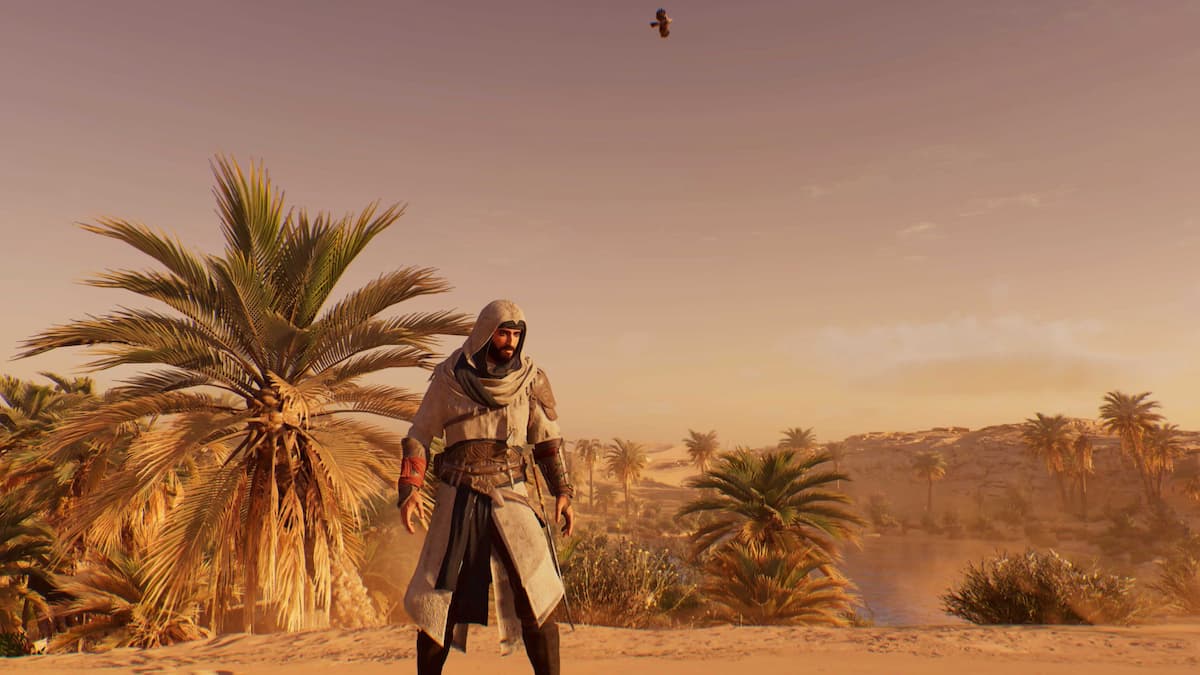
I’ve lost track of how many Assassin’s Creed games have launched since the series began in 2007. I stopped mid-way through Unity, a game I’ve tried (and failed) to finish on three separate occasions. I never cared for the action-RPG direction the series was heading in, even when it went to Egypt, where my father’s from. Mirage promised a return to the series’ roots, and it delivers in some ways but misses in others.
This stripped-back approach is reflected by the 17-ish hour runtime and lower price tag ($49.99), but developer Ubisoft Bordeaux has also excised any sense of purpose from the game. The narrative sees young Basim go from street rat to Hidden One in a tutorial section that overstays its welcome. Once Basim is set loose on 9th-century Baghdad, everything opens up, but I wasn’t given a satisfying reason to progress the story. The Hidden Ones and The Order are enemies, so we are ordered to hunt them. Killing is just what we do. Altaïr had his honor to restore, Ezio had to avenge his family, Basim has… Orders? I’m aware the Templars commit atrocities, but the pacing of Mirage means I never see their full effects for long enough to care.
An investigation board serves as a stand-in for a quest log. It presents all the clues you’ve uncovered and missions you’ve gone on, with threads leading to the core of the mystery. It reminds me of Outer Wilds, which is always a compliment. It’s a creative addition to the series, enhancing the sleuthing vibes and making me feel like a detective, stitching together the threads of the Templar web of power.
There are four targets protecting the head of the Baghdad Order. Their hidden identities, however, mean that no enemy has a chance for character development. By the end of the game, I simply did not care why I was killing any of them, I was just following orders.
Flavorsome and colorful missions
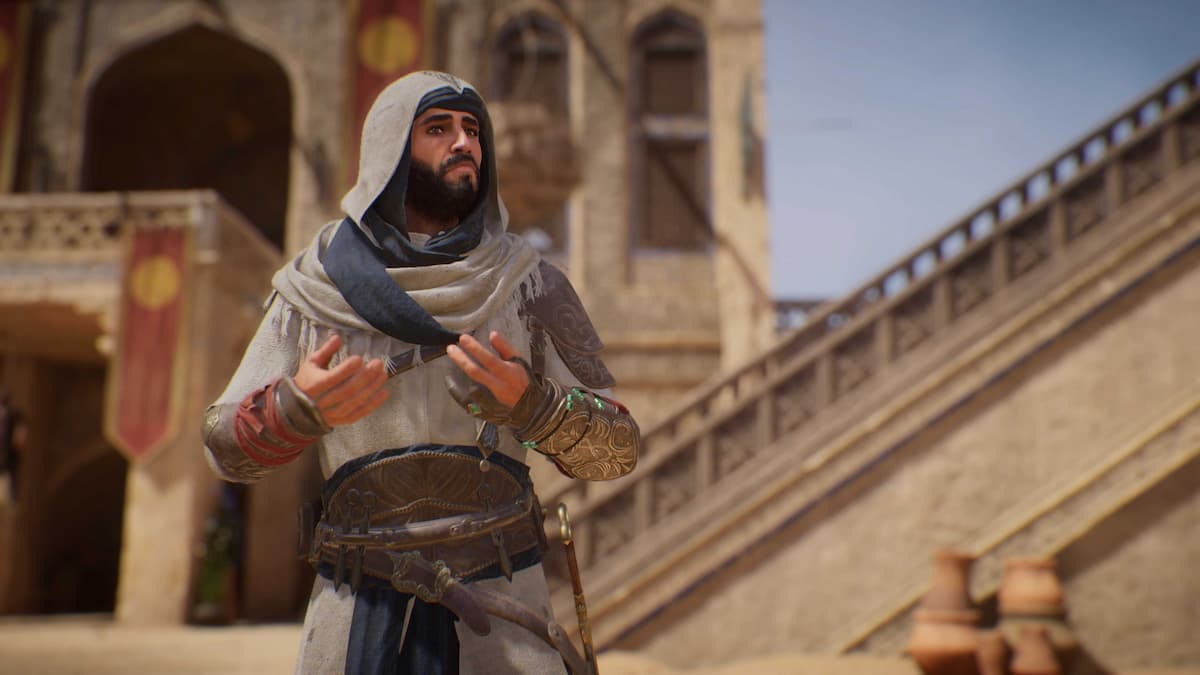
This lack of personal motivation lets down an otherwise varied and challenging collection of missions. Each sees you pulling at a loose thread to unravel the identity of your Templar rivals. They range from simply sneaking into a building to look through documents, to high-stakes assassinations where you must infiltrate a fortress and make your way to a well-guarded target. Ekidnu, Basim’s bird ally, can be called to survey an area, tagging enemies and spotting opportunities for subterfuge. Mirage really makes you feel like you’re doing this all yourself, with minimal backing from the Brotherhood. When you pull a mission off flawlessly, you feel all the pride, but when you get spotted and have to adapt on the fly, the stakes are high because you either succeed or die alone.
The missions that focus on stealth and combat are the most exciting by far, and fortunately, they make up a large chunk of the playtime. Fights are punishing if you don’t play them how Mirage wants you to, however. Enemy attacks lop off a large amount of health, and your attacks don’t stagger them, so we’re back to the AC 1 and 2 days of patiently waiting to parry and counter-kill to dispatch opponents. There’s not much complexity or depth here.
Thinning the ranks with stealth is essential, so when you inevitably get spotted, you have fewer foes to fell. Once you’ve unlocked some extra tools and skills, even groups become more manageable. Just throw a smoke bomb and start stabbing, an ever-reliable strategy in Assassin’s Creed. Basim’s phantom power ramps up considerably by the late game, too. He can stylishly take out up to five guards in an instant, which really turns the tide of the tougher group fights.
You can do missions in almost any order, but freedom comes at a price. There’s no difficulty curve whatsoever. This helps to serve the power fantasy of becoming a deadly assassin, but eventually, I was cruising through tasks on autopilot. If you love the gameplay loop, there are optional contracts you can do that reward some new weapons and outfits as well as upgrade materials, but these are even more lacking in motivation than the main quest. I beat the entire game using the starting weapons and armor, so I avoided them almost entirely.
Is it an oasis or just a mirage?
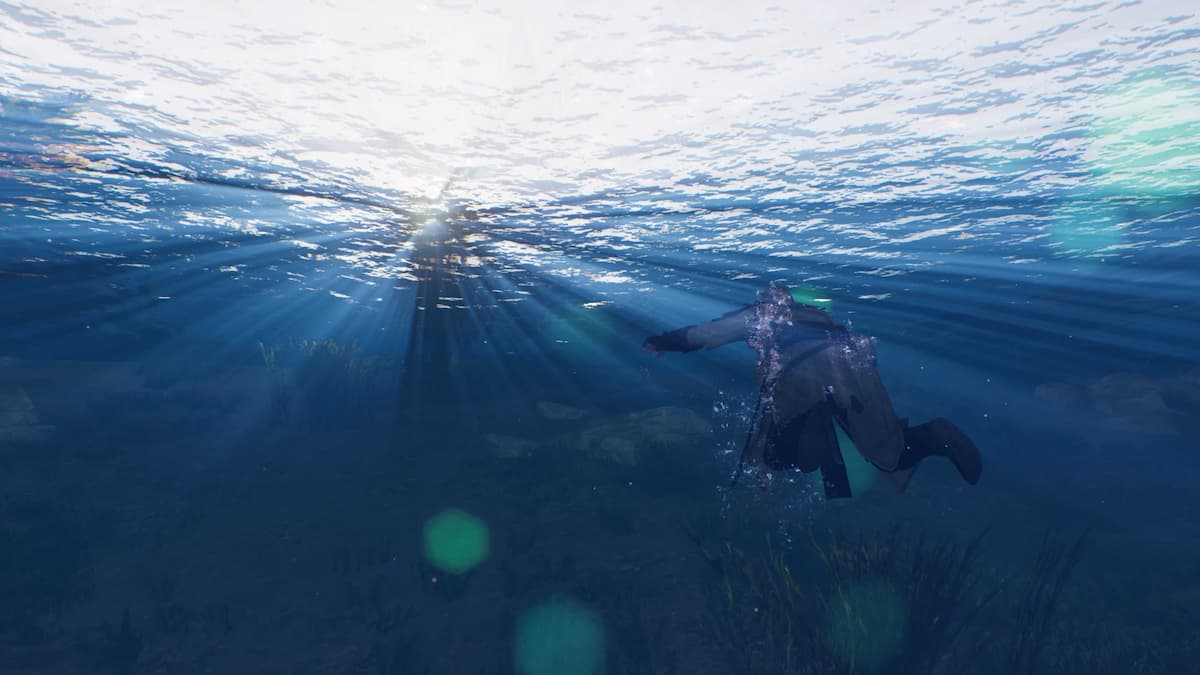
Baghdad is, at least, a gorgeously presented playground for Basim to run and kill in. Streets are busy, with guards loudly daydreaming about home-cooked meals and market stall owners hawking their wares. I didn’t hear anyone say, “For you, my friend, great price,” so there was definitely some more room for more personality, but Ubisoft has, once again, blended history with fiction incredibly well. It’s heartwarming to see the Middle East lovingly depicted as a lush, cultural, scientific, and artistic hub, rather than a war-torn ruin.
It’s also a delight hearing so much Arabic in a triple-A game—especially with varied accents and pronunciations. You should have seen the smile on my face when Basim shouted, “Yallah!” as he rode his camel across the desert. There’s lots of it sprinkled throughout cutscenes, too, but the dialogue is often simply exposition serving the plot rather than adding much character or depth to our cast of assassins.
Basim and all the other characters have great designs, all dark eyes and long lashes, with strong noses, but they look like PS4 models, which is somewhat offputting in an otherwise good-looking game. Basim is meant to be a young man, but the model makes him look old and uncanny, especially when contrasted with vibrant, colorful Baghdad.
Unfortunately, a series of minor bugs accumulate and cheapen the overall experience of Mirage. This is Ubisoft Bordeaux’s first outing leading a game, but with over 420 staff and the backing of Ubisoft, it’s disappointing to see stiff animations and for Basim to get caught on terrain every now and then or leap in a direction I absolutely wasn’t pointing. I’m glad Assassin’s Creed has finally returned to the Middle East and brought Baghdad to life so well—it was long overdue—it’s just a shame that the lack of polish in Mirage hinders the setting and stops it from achieving its full potential.
Assassin’s Creed Mirage’s biggest letdown is its lack of engaging plot. It offers some background on the beginnings of Basim’s life but doesn’t touch upon the modern storyline. If you’re hoping for a return to the series’ former design principles, you’ll enjoy this pared-back experience. The missions and stealth are a thrilling return to fundamentals, but with its rough edges and lack of narrative guidance, you end up wandering the desert, itchy, and without a clue how or why you got there.
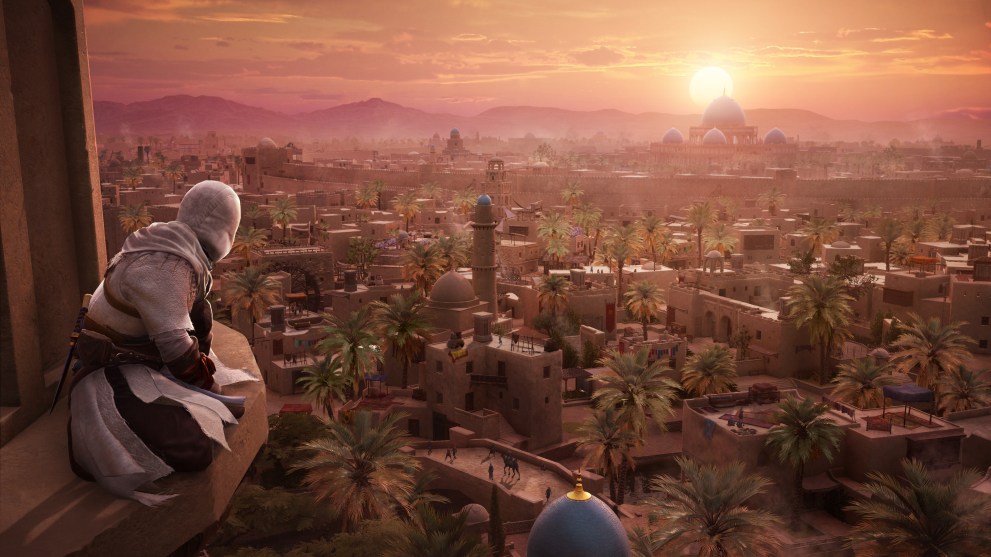
- Varied, engaging missions
- A welcome return to series fundamentals
- Baghdad is beautifully realized
- Dull plot bereft of motivation
- Overly-simplistic combat
- Dated character models and minor bugs


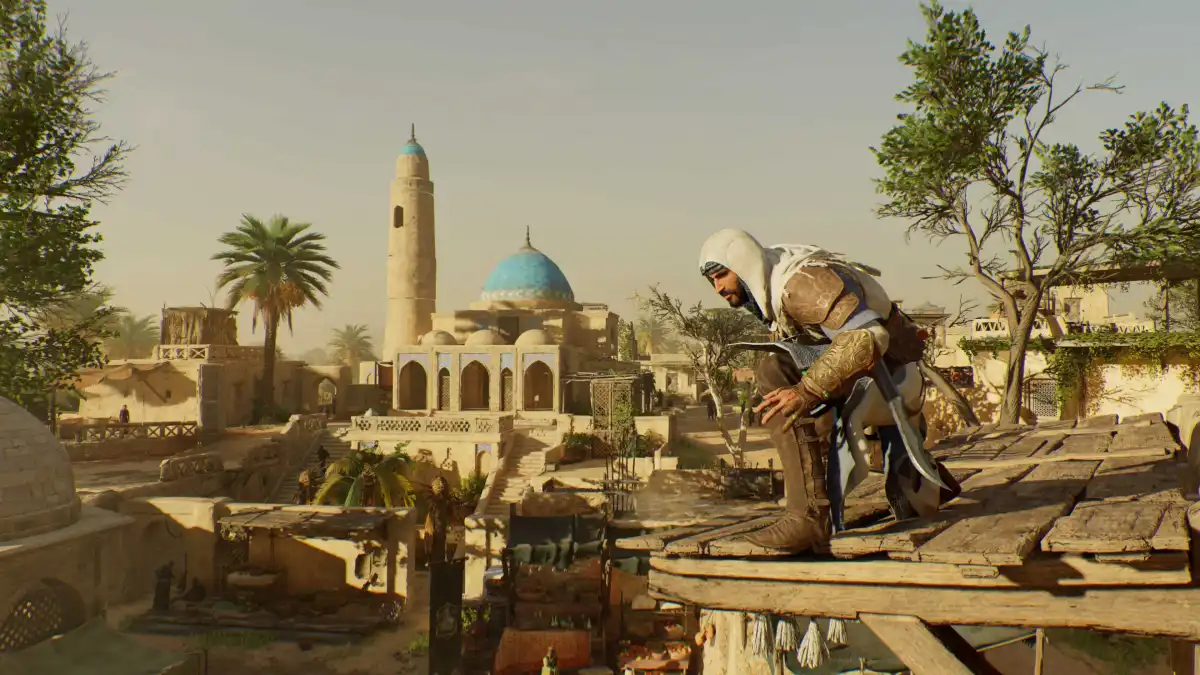
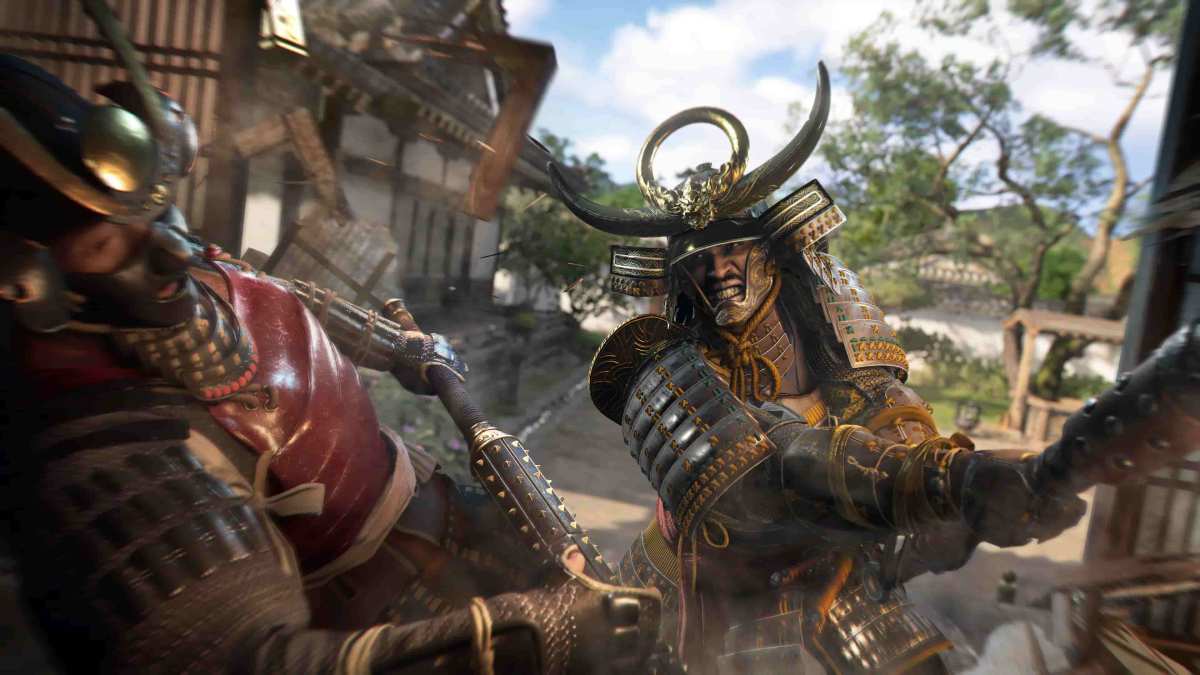
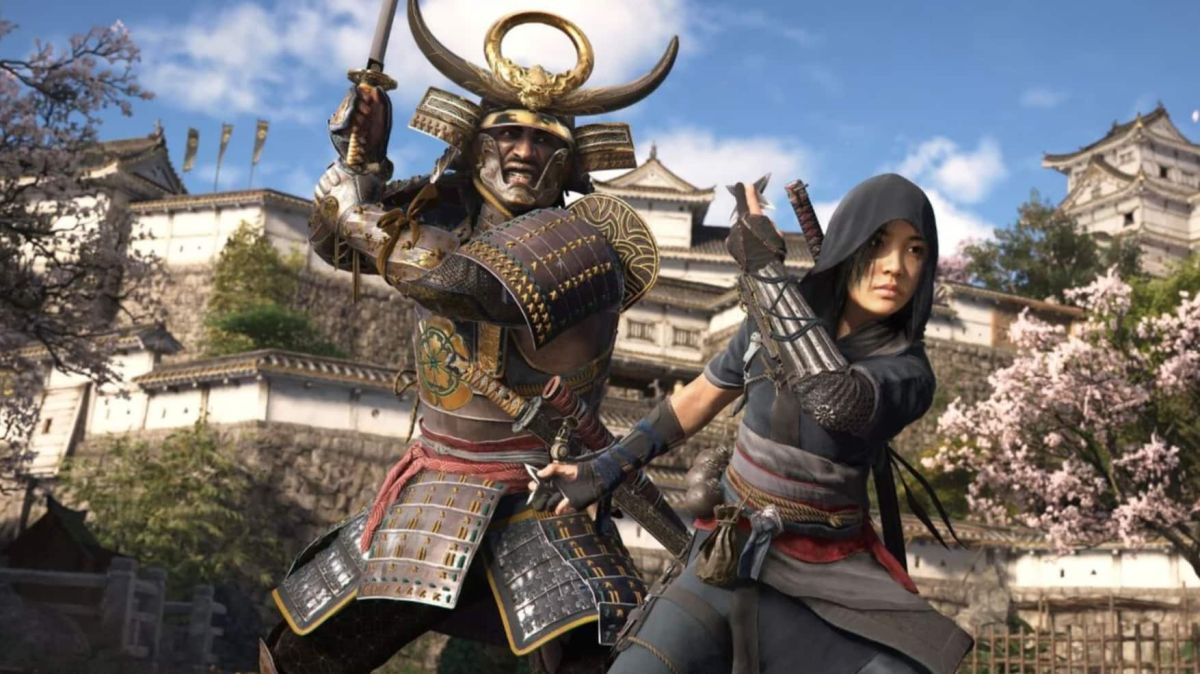


Published: Oct 4, 2023 06:02 am